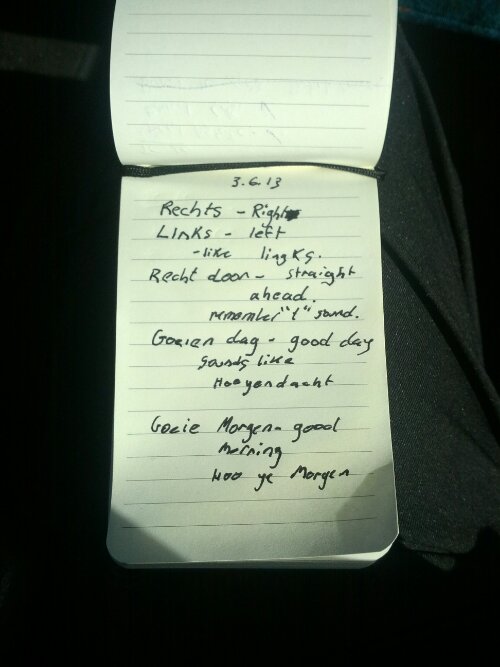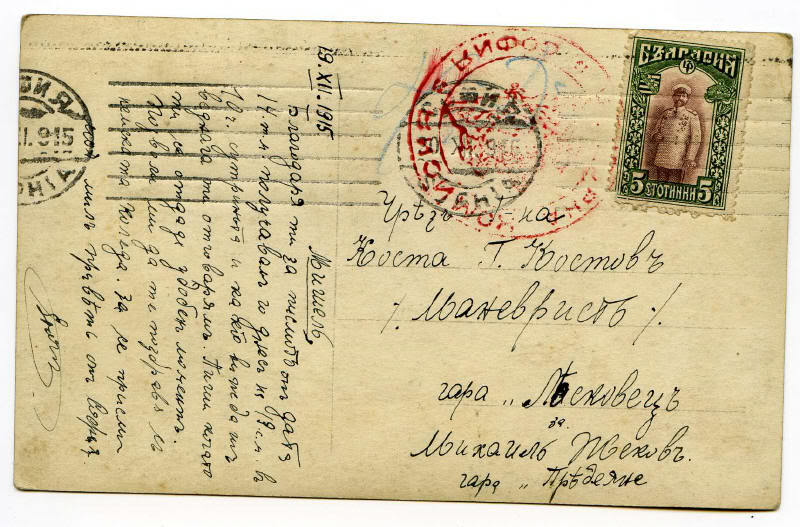
Goedendag (dutch. good day), a composite spear/club used by Flemish militia in the 13th century.
Good day from Aarschot!
The name “goedendag” derives from Dutch, usually taken in English sources to have meant “good day”, with reference to the revolt of Bruges in 1302, at which the guildsmen of Bruges purportedly took over the city by greeting people in the streets, and murdering anyone who answered with a French accent. -wikipedia
Everyday is a good day not to be French!
I’m safely in Belgium and recovering from jet lag. Already we’ve had bier en friet(beer and chips) a plenty, met mayonaise of course.
My vlaams (flemish) is a thousand times better than it was yesterday, now I can say goegen morgen (good morning) as well as goedendag! Already I think language will be the most intellectually interesting part of this trip. Aside from the multiple formal languages, there are multiple dialects with distinct difference not just by region but also by generation.
I’ve decided to focus on the local dialect in preference to formal dutch, largely in order to have a bit of fun exploring these language variations. So it will be nier instead of neen, friet instead of frietjes, and so on.
I’ve also decided not to make any attempt on the written language. There is only so much my poor brain can handle, especially with all this bier around!
Tot morgen everyone!





